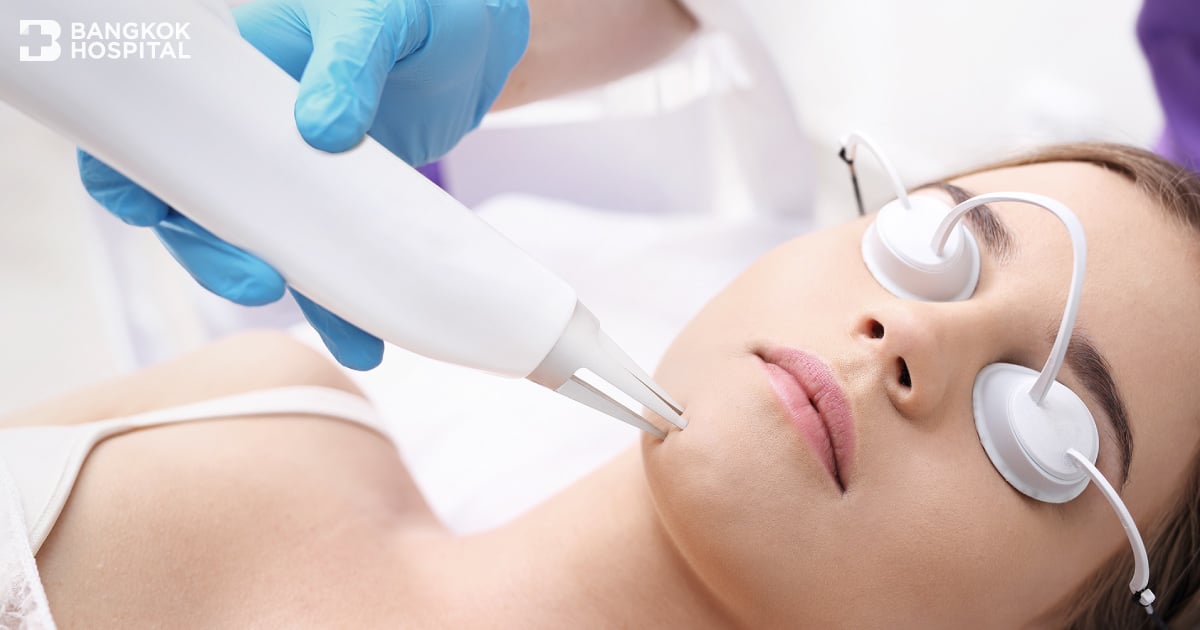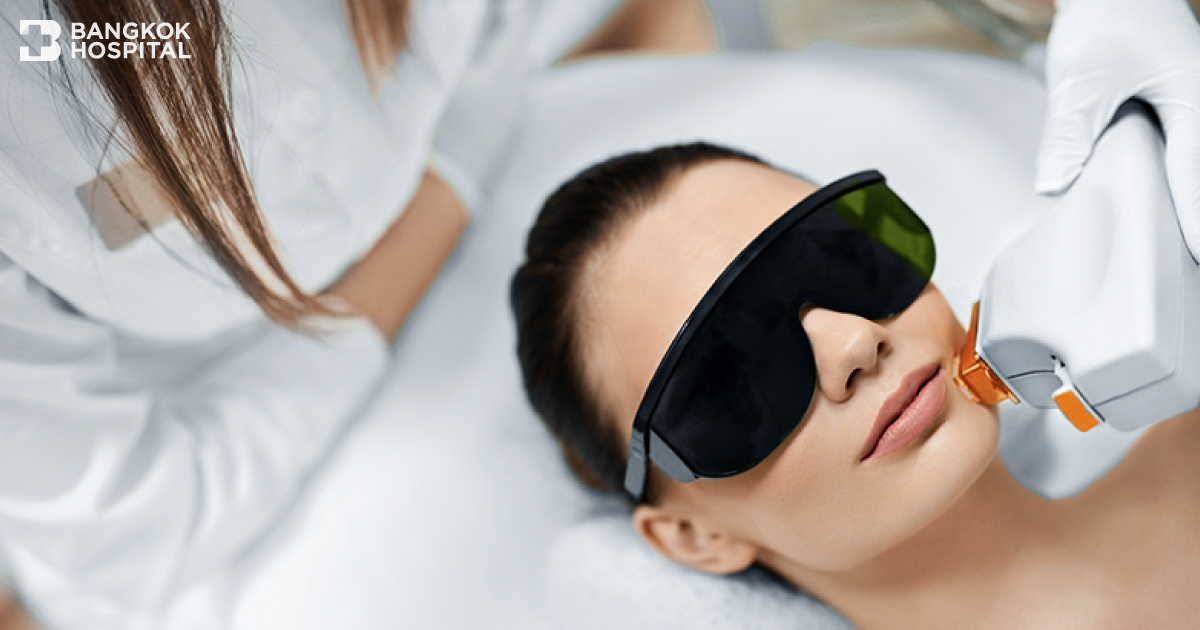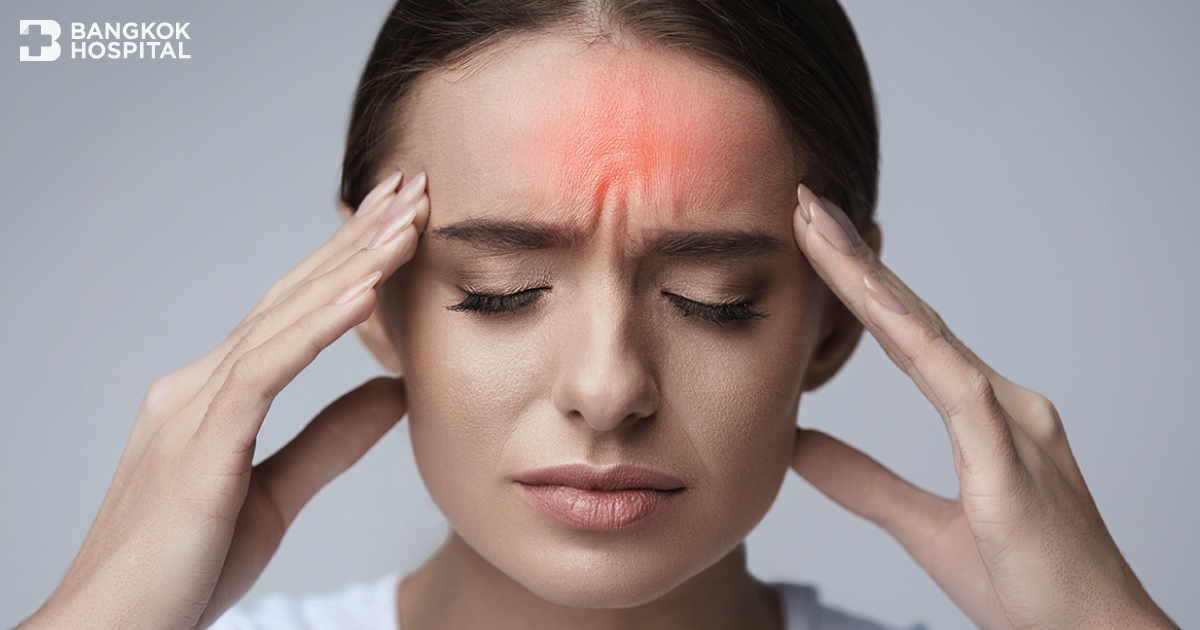
Psoriasis
Psoriasis is a condition that changes the life cycle of skin cells. Psoriasis causes cells to build up rapidly on the surface of the skin. The extra skin cells form thick, silvery scales and itchy, dry, red patches that are sometimes painful. It can be caused by genetics or external factors and is most common in individuals over 20 and 40.

Ultraviolet Radiation Therapy for Psoriasis Treatment
Currently, there is no cure for psoriasis. Most treatments involve the use of topical medications in conjunction with oral medications. However, recent findings suggest that treatment with ultraviolet light in addition to these can speed up the treatment process.

Get fit and firm with fat dissolution innovation from cold therapy.
An effective solution for managing excess fat with the innovation of Coolsculpting, a technique that channels freezing temperatures down to the fat layer beneath the skin without damaging other cells and tissues. It represents another satisfactory method for fat removal.

Scratching leads to more itching or it could be skin allergy.
Itchy skin occurs in patches, especially around the neck area connecting to the collarbone, waist, hips, legs, elbows, and the back of the hands. Each spot has a different rash; some spots have clear blisters similar to warts, while other areas have wide red rashes. Importantly, the more it itches, the more one scratches, and the more one scratches, the itchier it gets.

Ulthera. Lift and Tighten the Skin Naturally
As we grow older, our skin changes. Fine lines appear, and over time wrinkles form and a loss of volume and a loss of elasticity become noticeable. Ulthera is a device that uses focused ultrasound energy to lift and tighten the skin. It is a safe non-surgical method to lift and tighten skin without any visible downtime.

EXILIS ELITE, a fat dissolving device that tightens the skin with thermal energy.
The Exilis Elite device is certified by the U.S. Food and Drug Administration for use in reducing wrinkles and body contouring in a single device. Exilis Elite is an advancement from the original Exilis model, offering more power and clearer results after treatment. It achieves twice the treatment results and requires fewer sessions.

Laser technology in skin treatment
Laser technology in skin treatment aims to address wrinkles on the face, restore sagging skin, correct drooping eyebrows, eyelid sagging, and wrinkled eyelid skin. It helps to firm and lift the face, facelift, and facial wrinkles, offering natural-looking treatment results.

UV Phototherapy
Ultraviolet lights A and B are effective in inhibiting the immune cells of the skin, which can be overactive in many skin diseases. Phototherapy also stimulates the function of skin pigments to fight against disease.

Elderly with osteoporosis and fracture
Osteoporosis is one of the most common health-related problems that largely disturbs daily life and activities of the elderly.

Dizziness, suspicious blurring
Examine for epilepsy with EEG & fMRI technology to investigate brain function and abnormalities.

Solving the Mystery of Snoring in Children
Approximately 3 - 12% of children snore, found especially common during preschool age or during kindergarten years. This is due to the size of the adenoids and tonsils which are often enlarged compared to the size of the child's airway.

Migraine and Stroke – Is There a Link?
Many people wonder if there is a link between migraine and stroke. Migraine is a type of headache that causes severe throbbing pain, usually on one side of the head. Migraine attacks can cause significant pain for hours to days and can be so severe that the pain is disabling. Migraine is more common in females 30-40 years old. The recurring headaches can be so severe that it may interfere with the normal day to day life.
